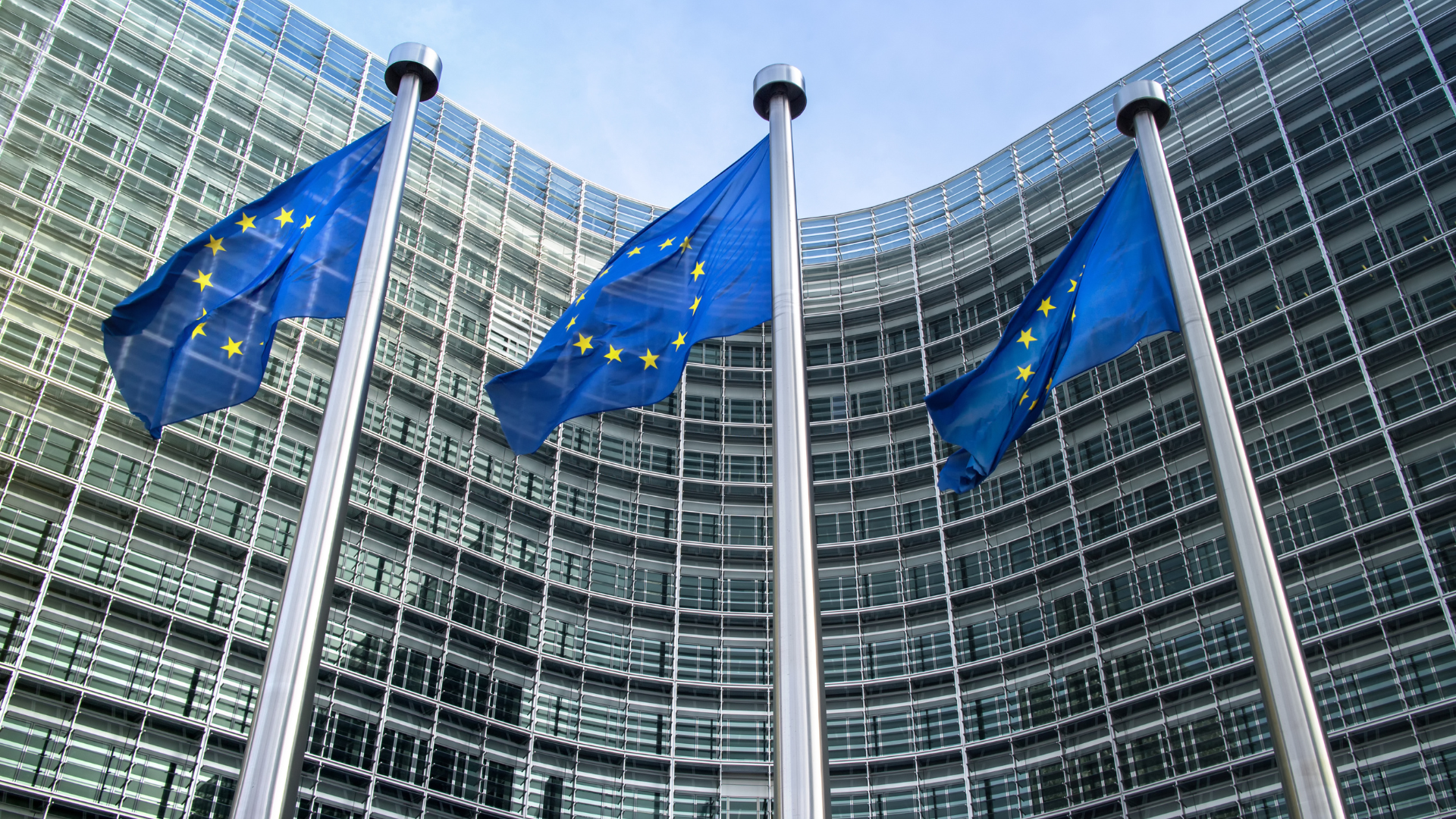Legislators in the European Parliament have reached a political agreement to reduce the scope of the Corporate Sustainability Due Diligence Directive (CSDDD). According to the revised proposal, the rule will apply only to companies with at least 5,000 employees or a turnover of 1.5 billion euros, compared to the previous criteria (1,000 employees or 450 million euros).
This change implies that many medium-sized companies, including some with relevant activity in cosmetics, will fall outside the scope of the regulation, reducing the obligation to monitor environmental and social risks in their supply chains. Originally, the version adopted in 2023 imposed sanctions of up to 5% of global turnover for those companies that did not mitigate the negative impacts identified, which suggested a clear push towards higher standards of corporate responsibility.
Reasons Behind the Retreat
The agreement was brokered in a negotiation between the groups of the European People's Party (EPP), Socialists, and Liberals (Renew), following pressure from several member states, including Germany and France. Some dissenting voices within the Parliament warn that the decision weakens the EU's commitment to a more ambitious green agenda.
For many, this movement represents a step backward in ethical and sustainable governance: given the current economic conditions, legislators are choosing to ease the regulatory burden on companies. But critics warn of the risk of losing momentum in the transformation towards more transparent supply chains.
Implications for the cosmetics sector
For companies in the beauty world, these legislative adjustments change the rules of corporate responsibility. Smaller or medium-sized firms could be exempt from the scrutiny initially required, which reduces regulatory incentives to improve environmental, social, or governance (ESG) practices.
Without broader, mandatory regulations that promote external audits, traceability, or corrective measures, self-regulation and consumer pressure carry more weight. Brands that were already investing in sustainable standards may find it more difficult to distinguish themselves from competitors with fewer regulatory requirements.
Furthermore, for ingredient suppliers, packaging manufacturers, or subcontractors, the lower regulatory demands may translate into fewer controls along the chain, which could increase reputational or compliance risks for final brands.
What to Expect Now
The European Parliament will vote on the revised text in the coming weeks before negotiations with member states begin. If approved, full implementation of the directive will have a more limited scope than many industry players had anticipated.
For the cosmetic ecosystem, this shift represents a new scenario: although the obligation remains for large corporations, it remains to be seen how consumers, investors, certifiers, and emerging brands will respond.
This readjustment coincides with a time when marketplaces and beauty distributors are under increasing scrutiny for their responsibility in sustainability, as part of global demands for a more conscious and traceable cosmetic industry.
